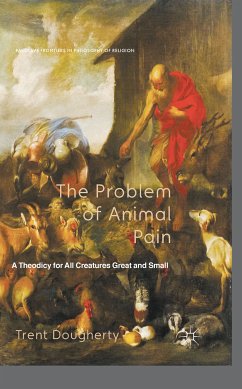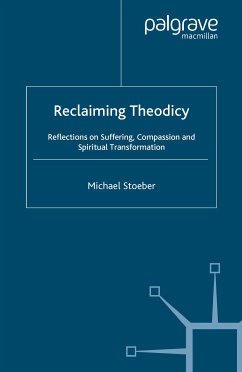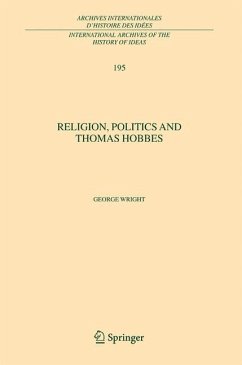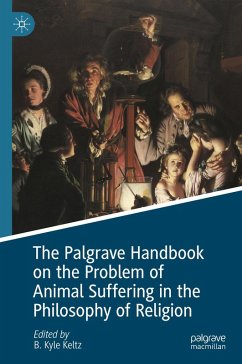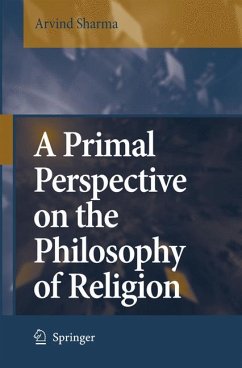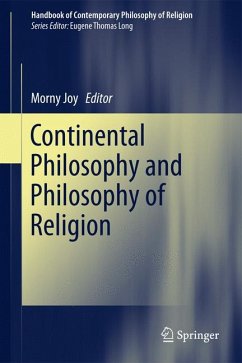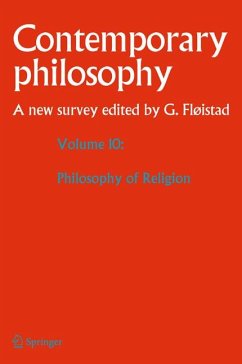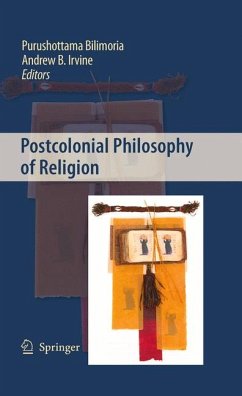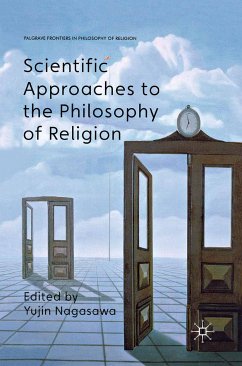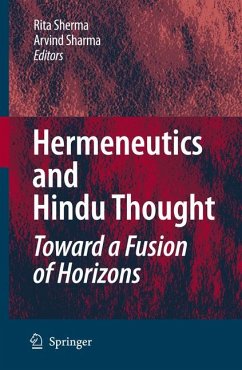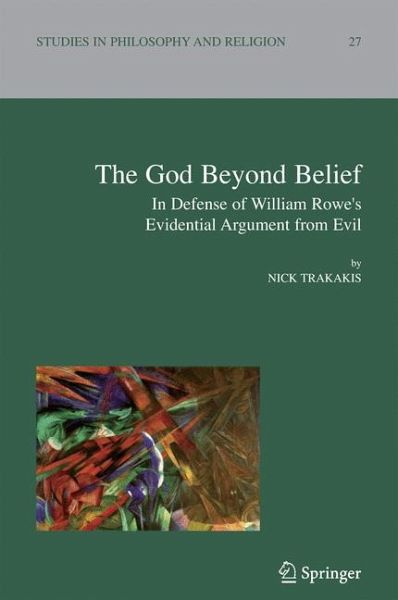
The God Beyond Belief (eBook, PDF)
In Defence of William Rowe's Evidential Argument from Evil
Versandkostenfrei!
Sofort per Download lieferbar
112,95 €
inkl. MwSt.
Weitere Ausgaben:

PAYBACK Punkte
56 °P sammeln!
For quite some time I have corresponded with Nick Trakakis, a very t- ented young philosopher at Monash University in Australia. He was c- pleting a manuscript on the problem of evil. Although we've never met, I've come to greatly admire his philosophical ability, even, or I hope particularly, when he notes weaknesses, if not outright mistakes, in my own writings on this topic. His knowledge of the relevant literature is nothing short of extraordinary. I am deeply impressed by the clarity and quality of his wr- ing, his measured judgments, as well as his philosophical ability. In this volume T...
For quite some time I have corresponded with Nick Trakakis, a very t- ented young philosopher at Monash University in Australia. He was c- pleting a manuscript on the problem of evil. Although we've never met, I've come to greatly admire his philosophical ability, even, or I hope particularly, when he notes weaknesses, if not outright mistakes, in my own writings on this topic. His knowledge of the relevant literature is nothing short of extraordinary. I am deeply impressed by the clarity and quality of his wr- ing, his measured judgments, as well as his philosophical ability. In this volume Trakakis begins with my 1979 paper, "The Problem of Evil and Some Varieties of Atheism," sets forth the evidential argument from evil, and considers the large body of literature developed in response to that argument. He examines and evaluates with great care the objections raised by Wykstra, Howard-Snyder, Durston,Alston, and others, along with my responses to those forceful objections. Noting the importance of the assumption that if there are God-justifying goods for horrendous human and animal suffering then it is likely that humans would have some awareness of what those justifying goods might be, Trakakis carefully evaluates the lit- ature bearing on this crucial issue, including, of course, the significance of what is commonly known as the problem of divine hiddenness, and the line of response proposed by the sceptical theists - philosophers who are theists but sceptical of arguments against theism.
Dieser Download kann aus rechtlichen Gründen nur mit Rechnungsadresse in A, B, BG, CY, CZ, D, DK, EW, E, FIN, F, GR, HR, H, IRL, I, LT, L, LR, M, NL, PL, P, R, S, SLO, SK ausgeliefert werden.




